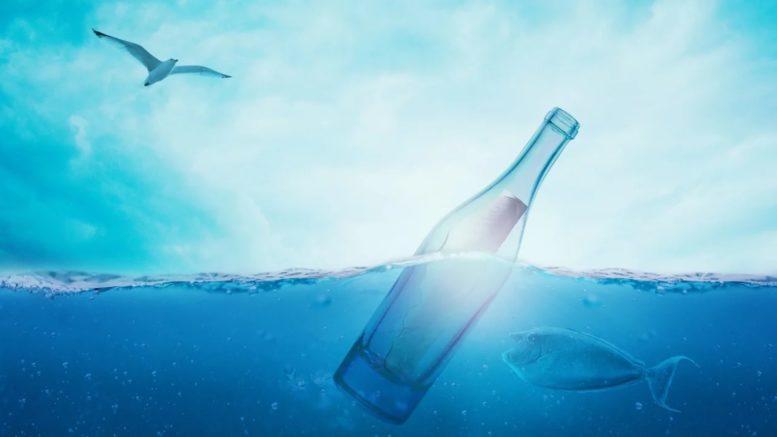Let’s talk about two methods that can be used to improve your water quality, the water filter and the water softener.
With so many potential contaminants in city and well water, it never hurts to consider all your options.
You may have heard people talk about “hard water” and its effects. And you will certainly have encountered a water filter before.
If the condition of your water calls for such, it is indeed a great idea to buy a system that combines both water softening and water filtration.
Do You Actually Need Both?
If your area has a problem with hard water, you are probably all too aware of that fact.
It makes soap and other cleaning agents less effective, but that is just the tip of the iceberg.
The effects of hard water on your pipes and fixtures are far more significant. Because this kind of water is loaded with calcium, it will leave small amounts of mineral compounds behind. The deposits will build up over time, clogging pipes and ruining appliances.
All of this comes down to one thing: You really don’t want to ignore a hard water problem. Otherwise, the money that you will need to spend on plumbing repairs alone could be enormous.
To find out if you need a water softener, get a test kit and do a simple calcium test on your water.
Pro tip: Go to the pet store for the cheapest and most readily available kits. A calcium test is the same whether it’s for your home or your fish tank.
As for filtration, just about everyone should have a whole water filter.
Unless you happen to live in an area with near-perfect water quality (which is pretty rare), then you can benefit from the use of a water filter.
The only question lies in whether or not your water also requires calcium removal.
How Water Filtration Works
The concept of water filtration is amazingly simple process and has been known since ancient times.
You simply need a material that is semi-permeable. A big wad of cotton is a good example (and many filters do indeed use synthetic cotton as a component).
The water can pass through, but it goes through slowly. In the meantime, floating solids cannot pass through the tiny spaces in the cotton.
By the time the water has seeped through all those tiny little pores, most (if not all) of the solids will be gone.
How Water Softening Works
Water softening, when employed in a water filtration device, represents an extra stage of filtration.
As such, a water softener and filter combo will always be multi-stage.
At the softening stage, water flows through a bed of resin beads saturated with sodium ions. Dissolved calcium ions replace the sodium ions which go into solution.
In the end, almost all calcium gets trapped in the media bed. That’s why a water softener requires backflushing and recharging on a weekly basis.
During these regeneration cycles, concentrated brine solution washes over the resin beads. Sodium ions which are dissolved in the solution replace all calcium which has been trapped during the softening process.
The calcium is flushed out of the system before the water softener goes back into its initial state. Different types of water softners are available in the market, and it is only by comparing water softeners that we can decide which one is best for our requirements.
One Requires the Other
The question posed by the title of this article needs to be addressed: Why not you use both water filtration and water softening in your home?
The answer lies in the fact that these systems work best when used together.
Most water has at least a little bit of dissolved calcium, so nearly anyone can benefit from a hard water filtration stage.
Although you don’t always need a water softener, almost all water sources would benefit from a water filter.
Water Filter or Water Softener? Use Both!
For most homes and users, we recommend a filter that combines simple filtration with a water softener. This allows you to improve your water quality from two angles: Hardness reduction and contaminant removal.
Water is the most common chemical on earth and it interacts with most of the others. Thus, it can contain a huge number of contaminants, far too many to list here.
That is why you must cast a wide net and include as many barriers as possible between you and those nasty contaminants.
Okay okay, here are a few of the most common culprits:
- Chlorine
- Chloramine
- By-products resulting from water disinfection
- Lead
- Chromium
- Iron
- Cadmium
- Bacteria
- Viruses
- PFAS
- Volatile organic compounds
And of course, calcium. Although water softening might not be essential for your health, is certainly is essential for your home.
Which Goes First?
Which should go first, water filter or water softener?
The answer to this question is simple: The water filter always goes first, because softening systems are more sensitive to contaminants like chlorine.
A water filter adds a perfect layer of protection for that.
